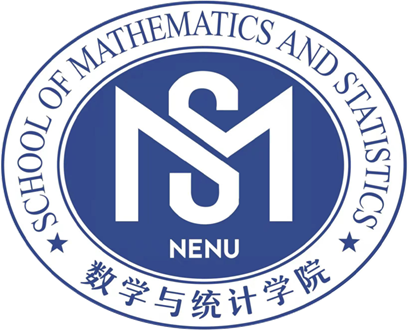报告人:Han Xiao
报告地点:数学与统计学院 415教室
报告时间:2023年7月17日 上午10:30-11:30
邀请人:白志东
报告摘要:
We consider the problem of matrix denoising and completion induced by the Kronecker product decomposition. Specifically, we propose to approximate a given matrix by the sum of a few Kronecker products of matrices, which we refer to as the Kronecker product approximation (KoPA). Because the Kronecker product is an extension of the outer product from vectors to matrices, KoPA extends the low rank matrix approximation, and includes it as a special case. Comparing with the latter, KoPA also offers a greater flexibility, since it allows the user to choose the configuration, which are the dimensions of the two smaller matrices forming the Kronecker product. On the other hand, the configuration to be used is usually unknown, and needs to be determined from the data in order to achieve the optimal balance between accuracy and parsimony. We propose to use extended information criteria to select the configuration. Under the paradigm of high dimensional analysis, we show that the proposed procedure is able to select the true configuration with probability tending to one, under suitable conditions on the signal-to-noise ratio. We demonstrate the superiority of KoPA over the low rank approximations through numerical studies, and several benchmark image examples.
主讲人简介:
Han Xiao is a Professor and Co-Graduate Director in the Department of Statistics, Rutgers University. He obtained a PhD in Statistics from The University of Chicago in 2011, an MS in Statistics and Applied Probability from National University of Singapore in 2006, and a BS in Mathematics from Peking University in 2003. He has been an Associate Editor for Statistica Sinica since 2021. His recent research focuses on the statistical analysis of dynamic tensor data, including the autoregressive models, factor models and dynamic factor models. He also has interests in high dimensional statistics, algebraic statistics and random matrix theories.

